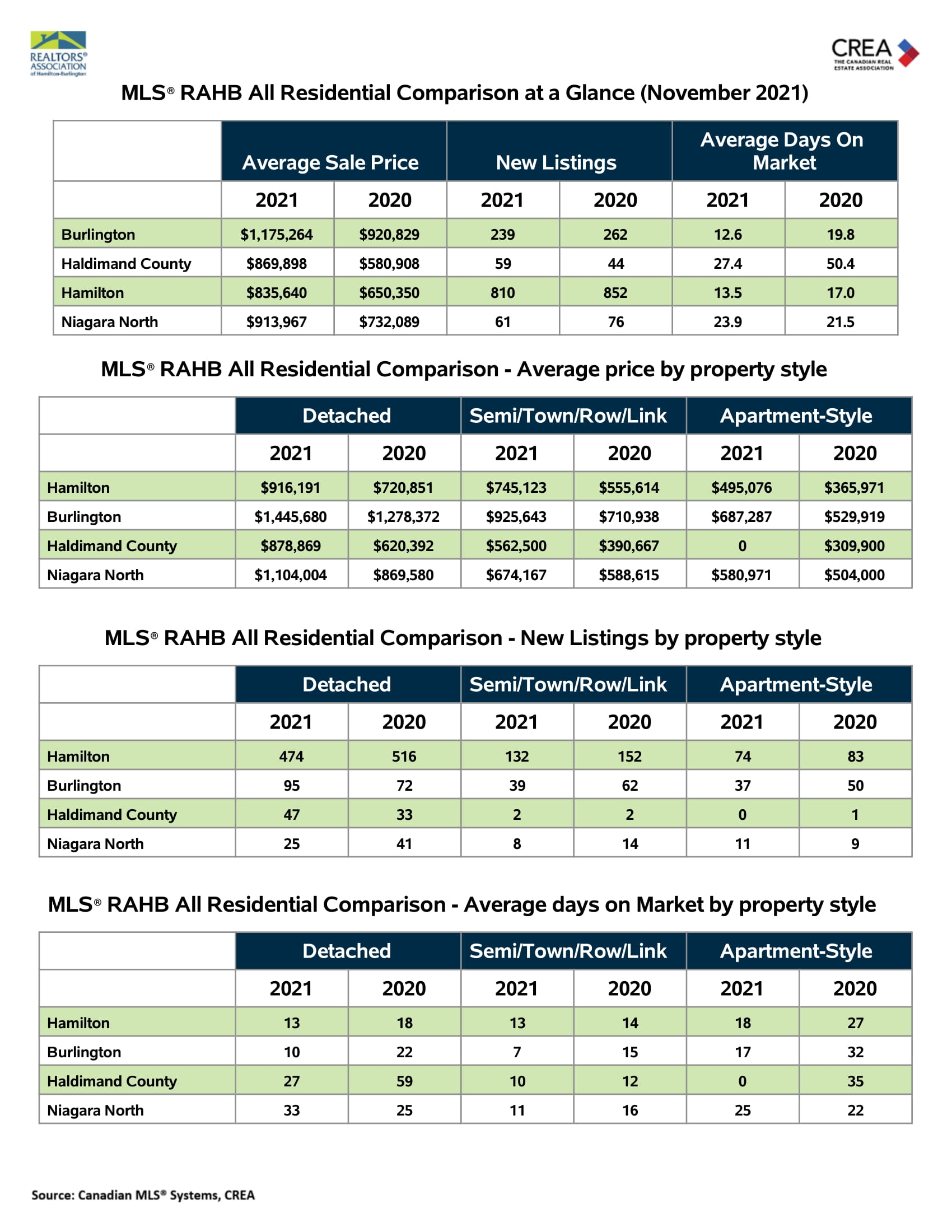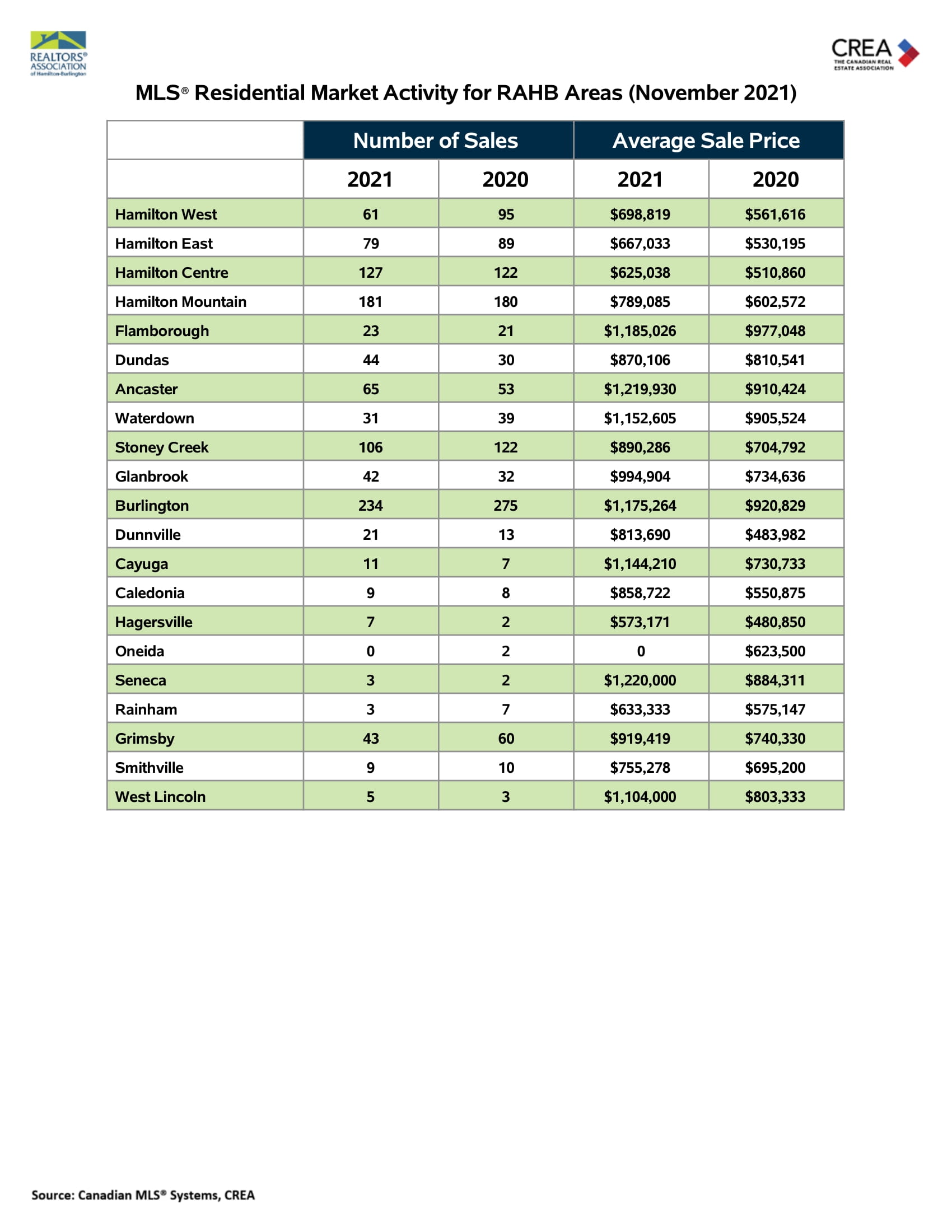Source: https://www.reco.on.ca/buyer-seller-news/what-should-buyers-know-about-bidding-wars/
Written By: Joseph Richer
What should buyers know about bidding wars?
Competing offers — also referred to as bidding wars — are very common occurrences in hot real estate markets.
I know it can be very frustrating for buyers to bid and repeatedly lose out on properties that are getting five, 10, 20 or more offers.
Low housing supply, or inventory, is often a significant contributing factor and low supply is the current situation in many markets across Ontario. First-time buyers may find it especially hard to come out as the “winners” during these home competitions, and may need to expand the parameters of their searches. My advice is to take a long view, be patient and continue to save your money until the right property comes along.
In the meantime, here are a few things you should understand about how competing offers work.
For starters, it’s important to know that during any competing offer situation, a seller’s brokerage is obligated to disclose a few key pieces of information to prospective buyers who have made offers. These details are the number of active offers on a property, whether any of the buyers are represented by the listing brokerage, and whether there are any commission adjustments for specific buyers. These steps help ensure a level playing field for all buyers.
Note that the seller can accept or reject your offer, make a counter-offer, or even send back a select number of offers for an opportunity to be “improved.”
You might be surprised to learn that sellers are not required to choose the highest-priced offer. Other factors can influence their decision, such as the size of the deposit, the closing date and other terms and conditions of an offer. For example, the right closing date might be more important than the price.
Since each competing offer situation is unique, I suggest you get advice from your real estate agent, lawyer and mortgage broker before entering the market. Here are some tips to consider if a bidding war arises:
-
- Set a clear budget. Know the numbers in advance to determine exactly how much you can afford. Factor in the extra costs that come with buying a home, such as legal fees, land transfer tax, and utility hook-ups. Manage your emotions when making your offer.
- Ask your agent for a comparative market analysis of the sales of similar houses to know the value of homes in the neighbourhood and the possible selling price.
- Think carefully before waiving any conditions to make your offer more appealing. These conditions are there to protect you, and an accepted unconditional offer is a firm and binding legal contract. You are bound to the agreement, even if after the deal is done you have trouble securing a mortgage or you find the home needs costly repairs.
- Finally, ask your agent about the offer process and what you are entitled to know, and then work closely together to put your best offer forward.
This column is for general information purposes only and is not meant as legal or professional advice on real estate transactions.
Joseph Richer is Registrar of the Real Estate Council of Ontario (RECO). He is in charge of the administration and enforcement of all rules that govern real estate professionals in Ontario. You can find more tips at reco.on.ca, follow on Twitter @RECOhelps or on YouTube at http://www.youtube.com/RECOhelps.



